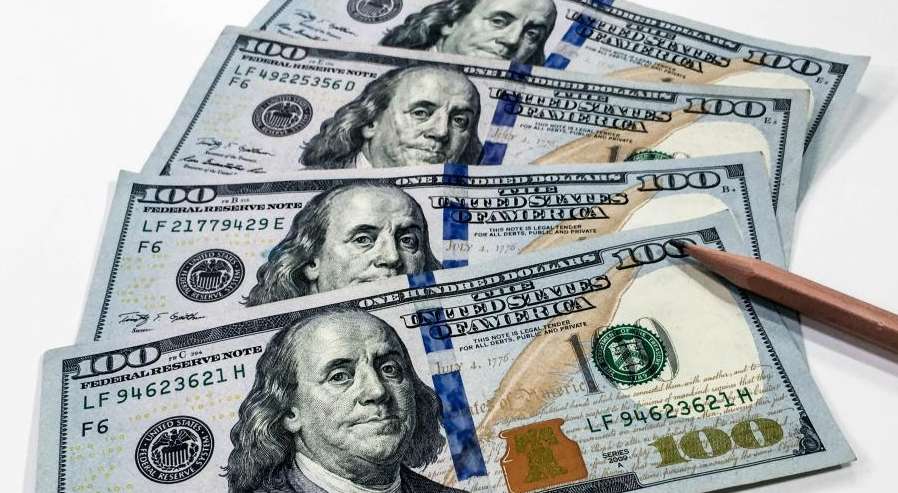U.S. Banks in Succession of Failures
Advertisements
The recent collapse of Silicon Valley Bank sent shockwaves through the global financial landscape, akin to the impact of a heavy bomb. As news of the bank's failure spread, various theories emerged, suggesting that this event was a calculated robbery by the United States, targeting Chinese and European assets in America. This narrative, while seemingly sensational, finds its roots in reality: for many years, Silicon Valley Bank served as a favored institution for Chinese depositors in the U.S. Its abrupt demise placed many Chinese individuals and enterprises in perilous financial situations, igniting conspiracy theories and mistrust.
This incident illuminated the fractures within a value system that the United States has cultivated for decades. If this notion of a deliberate heist through domestic bank failures is accurate, it would signify a self-inflicted wound for the supremacy of the dollar. The implications are dire, signaling a potential erosion of trust in a currency that has long dominated international trade and finance.
The U.S. had previously frozen Afghan assets, leaving the Taliban struggling to provide basic necessities for its people. The outright seizure of Russian overseas assets, reportedly to facilitate support for Ukraine, has already begun to erode the sanctity of private property as a cherished value. The collapse of a prominent bank like Silicon Valley Bank marks another significant blow to this once-sacrosanct principle.
The fallout from the collapse goes beyond just a financial crisis; it threatens to foster widespread skepticism towards American banking systems. Unlike the framing used in geopolitics—labeling the Taliban as terrorists or painting Russia as an aggressor—bankruptcy is starkly devoid of such narratives. When an American bank fails, it sends a chilling message to the world that the U.S. financial system is precarious at best, fostering widespread distrust among nations and individuals alike.

Trust in a currency is foundational to its value; when that trust erodes, as seen in historical examples like the German mark or Nationalist China’s gold yuan, no amount of coercive power can restore it. The parallels are unmistakable—the reliable underpinnings of a once-thriving economy can dissipate overnight, leaving only remnants of what was. The ongoing concerns around the U.S. banking sector could spiral into a broader crisis of confidence, triggering a monetary disaster, reminiscent of past economic collapses.
China’s wealthy elite storing their wealth in American banks is another layer of complexity to the situation. This phenomenon can be traced to the original sin of capital accumulation during the early stages of China’s reform and opening-up period. Positioned at the crest of economic change and prosperity, many Chinese individuals sought out American banks, presuming them to be havens for their fortunes. However, the realization that these sanctuaries are frail has justifiably instilled a sense of insecurity, prompting a shift in asset allocation strategies.
The implications of this situation extend beyond individual fears. Firstly, the events serve as a stark reminder that those who lose faith in their domestic economy may find even less reliability in foreign institutions. Secondly, this blatant act of financial dispossession further unravels the façade of American economic exceptionalism, adding weight to the argument that the dollar's credibility is on shaky ground.
The United States' economic modus operandi—where the government borrows from the Federal Reserve, which then issues debt, based on the notion of national credit—has undergone severe scrutiny. The 'dollar system' only thrives as long as the U.S. maintains substantial military power and robust production capabilities. However, with industries hollowing out and the dollar now resembling a wounded animal, dependency on a solid credit foundation is paramount. To undermine this credit system as an initial strategy could be equated to shooting oneself in the foot.
In the immediate aftermath of Silicon Valley Bank's collapse, the White House rushed to pledge support, proclaiming a sweeping rescue operation for the banking sector. Yet, this effort failed to quell the rising panic among investors and savers. Subsequently, whispers of further banking failures reverberated, culminating in an escalating wave of mistrust. The public's skepticism about whether the government could muster the necessary resources to safeguard these institutions underpins a growing banking crisis. Such sentiments not only challenge the foundation of the American financial framework but also ripple effect into European markets, with stock indices reflecting a cascading descent.
The current climate in America resembles a wild frenzy before an impending demise. This behavior signifies a systemic failure of both economic and financial structures. The unraveling of these systems is not solely the result of miscalculations in domestic policy but is also a consequence of reckless behavior in international arenas, showcasing the nation's willingness to exploit its power. The unfolding events encapsulate a moment of historical significance—one witnessing the decline of U.S. financial hegemony and the reshaping of international financial order. Emerging economies are banking on this juncture to amplify their influence and negotiate a more equitable global economic system, marking a profound shift in the balance of power.
Post Comment